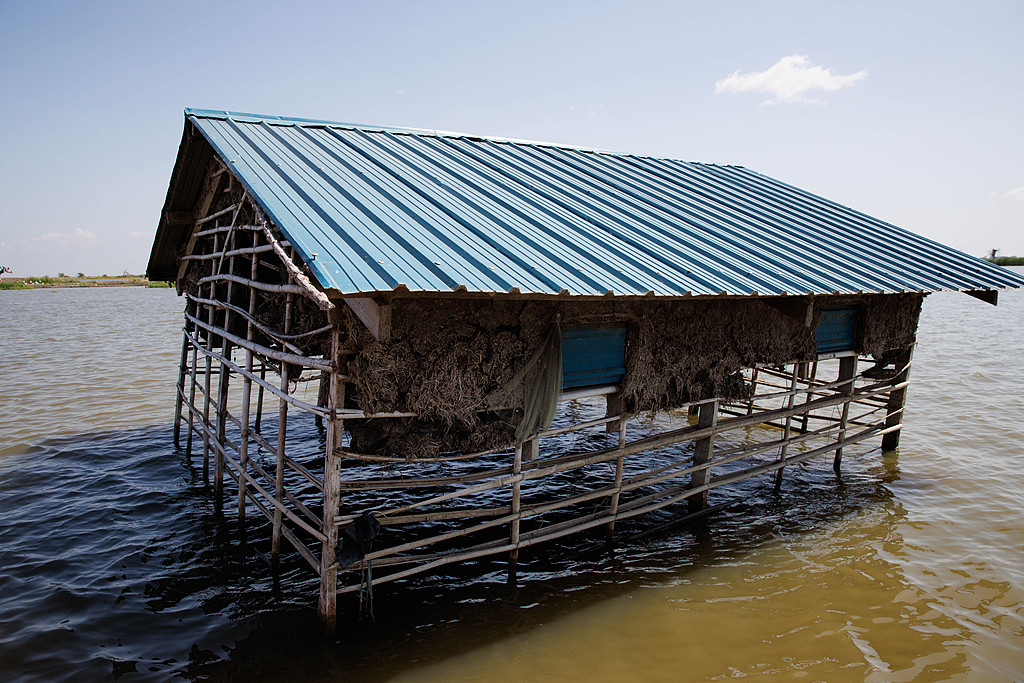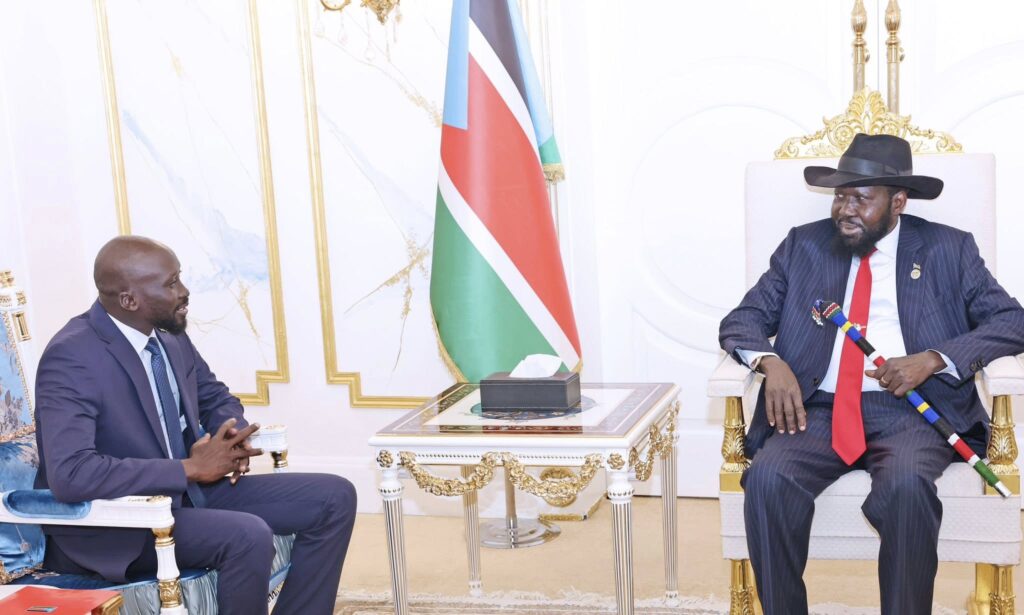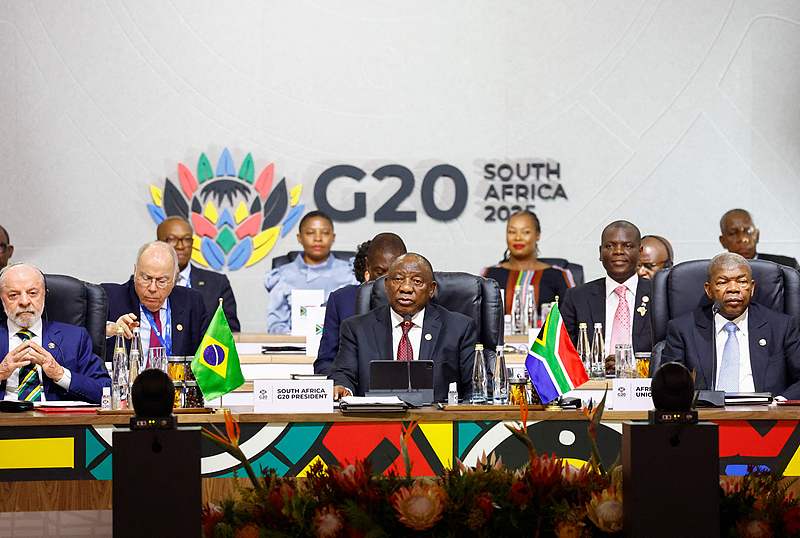
Save the Children: Collision of crises creating potential catastrophe in South Sudan
A sixth consecutive year of flooding, coupled with aid cuts, combined to exacerbate a humanitarian crisis in South Sudan.
According to data from the Office for the Coordination of Humanitarian Affairs (OCHA), at least 19 people are dead and approximately 640,000 are displaced because of the flooding.
OCHA’s report indicates Jonglei and Unity states are the worst hit.
Additionally, OCHA warned of rising cases of diseases, including malaria, respiratory infections, and diarrhea, as people face increased health risks in the aftermath of the floods.
While humanitarian partners are providing life-saving aid, OCHA noted that access to affected areas is severely limited due to impassable roads in some regions.
Save The Children said in a statement that the collision of crises created food shortages across the country, with 7.7 million people – or 57 percent of the population – facing acute levels of hunger and putting 2.3 million children aged under 5 at risk of acute malnutrition.
“What lies ahead for children in South Sudan could be catastrophic. The heavy rainfall has already seen towns submerged, and it is set to continue for weeks to come,” said Save the Children’s South Sudan Country Director Chris Nyamandi. “Aid cuts have disrupted what we can provide for children, with our budget slashed by $3.1 million this spring, which meant job cuts for our nutrition and child protection experts and fewer supplies.”
Save the Children added that above-average rainfall is expected in October and November, placing 1.4 million people in South Sudan at risk of further flooding this year.
In response to the flooding, President Salva Kiir issued a directive on Thursday, October 2, for the Minister of Humanitarian Affairs to urgently coordinate the delivery of emergency relief to affected communities in the Greater Pibor Administrative Area.

The president’s directive followed a briefing from the chief administrator on the region’s humanitarian situation and infrastructure needs. Acknowledging the importance of infrastructure in service delivery, President Kiir pledged to prioritize the rehabilitation of the road network.
OCHA confirmed that 3.2 metric tons of medical supplies have already been delivered to Jonglei and Unity states, with an additional 78 metric tons planned for high-risk areas.






